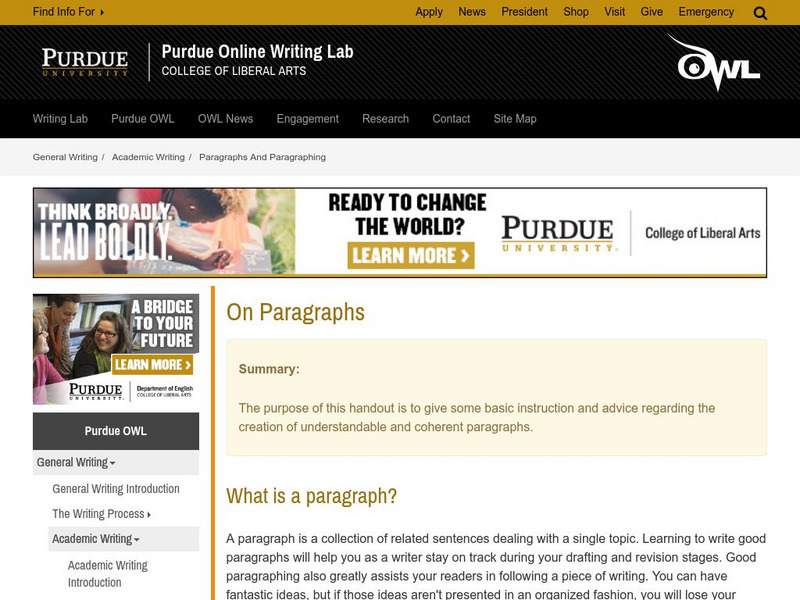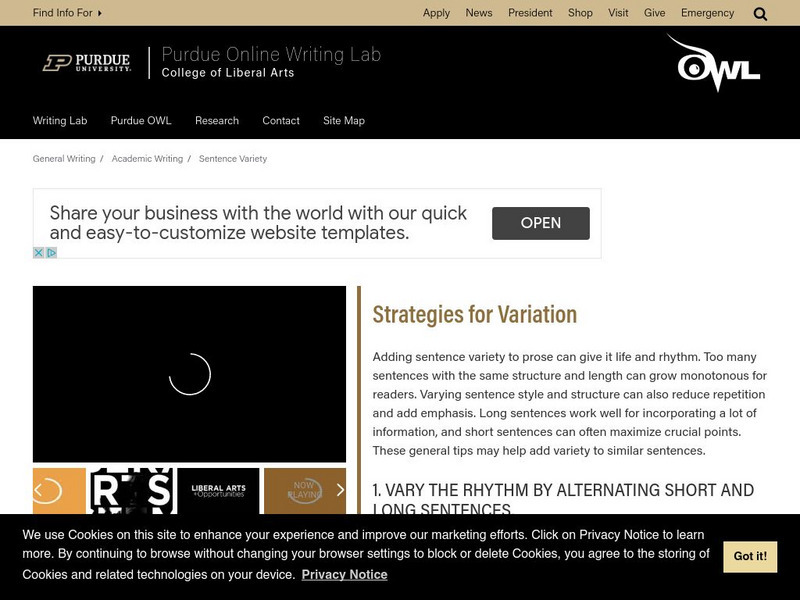EngageNY
Writing the Final Narrative: Monologue or Concrete Poem
Get inspired to help those creative juices flow. Using the resource, scholars write their final, best version of their narrative monologues or concrete poems. Next, they prepare for a performance task by watching and discussing a video...
EngageNY
End of Unit Assessment, Part 2: Drafting Introduction and Conclusion of a Narrative
First and last impressions matter. Scholars compose the introductory and concluding sections of their narrative writing assignments. Also, to prepare for an upcoming performance task, pupils watch a modern-day monologue from the movie...
EngageNY
End of Unit Assessment, Part 1: Drafting the Experience or Event of the Narrative
Don't be tone deaf. Scholars study two photographs to better understand the concept of tone, so they can incorporate the literary device into their writing. Additionally, they draft the experience or event portion of their personal...
Curated OER
Fact or Fiction - What is Expository Writing?
Use formatting to organize an explanatory essay after comparing and contrasting expository and narrative genres. Young writers explore expository writing by employing prewriting techniques and graphic organizers to plan an essay. This is...
Online Writing Lab at Purdue University
Purdue University Owl: On Paragraphs
A comprehensive approach to writing coherent paragraphs and knowing how to transition between paragraphs.
Capital Community College Foundation
Guide to Grammar and Writing: Paragraph Development
This site from the Capital Community College helps with paragraph development and topic sentences.
Online Writing Lab at Purdue University
Purdue University Owl: Academic Writing: Sentence Variety: Strategies for Variation
This lesson offers suggestions to help you fix short, choppy sentences, combine sentences with the same subject, and revise sentences that sound the same. L.11-12.3 Language Functions/Style








